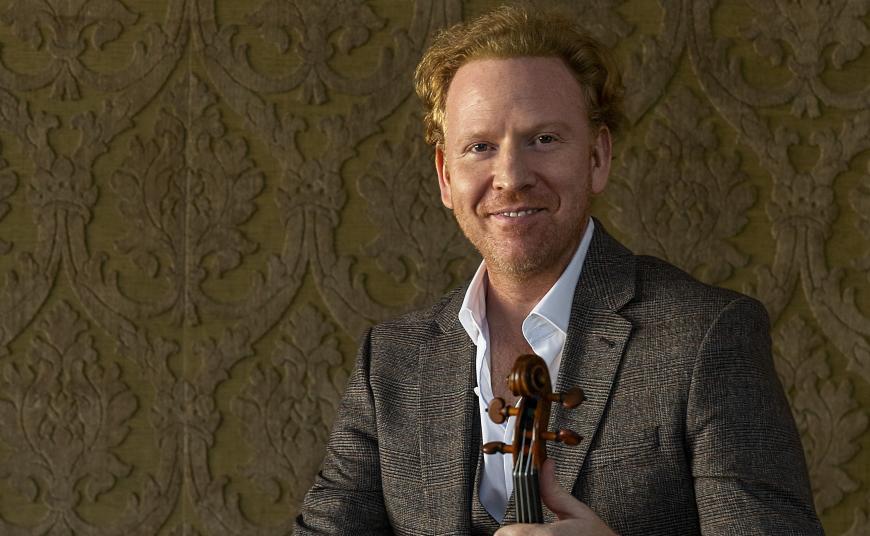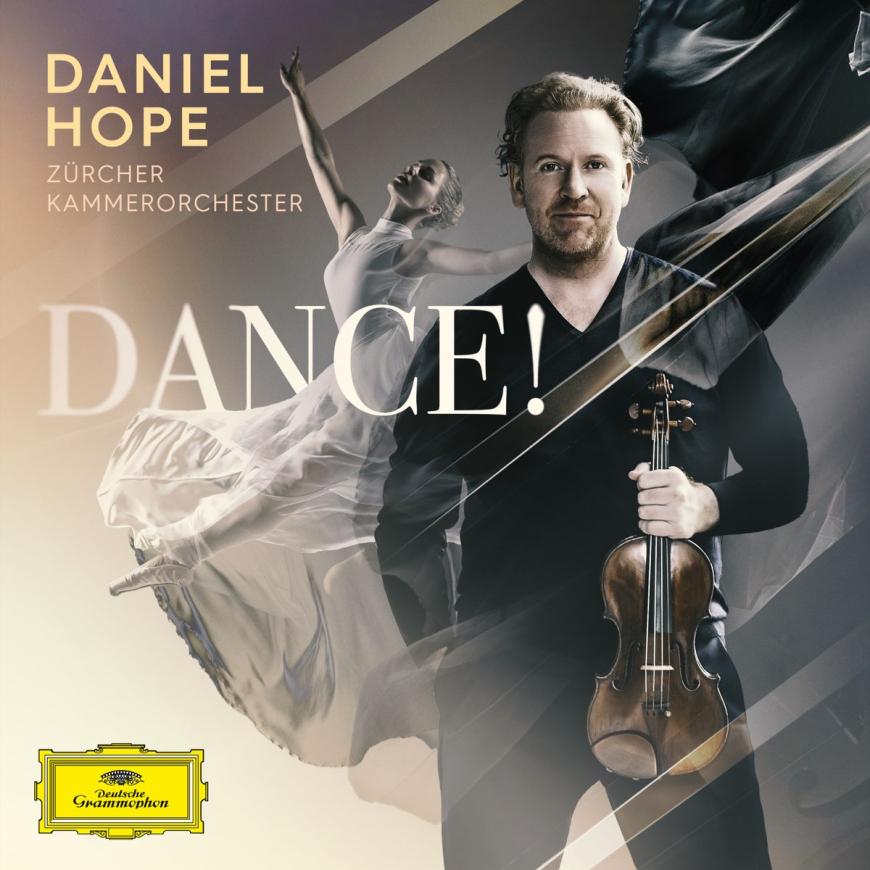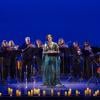
Violinist and conductor Daniel Hope has released a recording called Dance — or make that Dance! (Deutsche Grammophon). A project of some 20 years from conception to completion, the album gathers together bits and pieces of this and that from 700 years of music history into a joyous and nearly two-hour-long collection that is easy and fun listening, though some of the choices would seem difficult to dance to.
The selections are short, mostly custom-arranged for violinist and chamber orchestra — in this case, the excellent Zurich Chamber Orchestra, of which Hope has been music director since 2016. (He’s held that same position with San Francisco’s New Century Chamber Orchestra since 2018.) Sometimes on the recording, he solos on the violin while leading the band; other times he just conducts. Sometimes the instrumentation is changed and reduced to the nub to fit the character of the music.

Starting out with a flippant waltz by Dmitri Shostakovich in the composer’s best light-music manner, Hope follows up with a very good and transparent-sounding transcription of Camille Saint-Saëns’ Danse Macabre. The program flips from Shostakovich backward to Saint-Saëns, then forward to Sergei Prokofiev, then back to Tchaikovsky and way back to Mozart with a stylishly played Rondo in B-flat Major, K. 269.
The Five German Dances by Franz Schubert are a delight until the last one, which gradually ends on an unexpectedly subdued, morose note. The Farandole from Georges Bizet’s L’Arlésienne is slightly slow, but it has poise and rhythm, and Jëno Lisztes’s cimbalom joins the dance in Brahms’s Hungarian Dance No. 5 and a few other tracks. The wonderful Tarantella from Igor Stravinsky’s Pulcinella gets a leisurely workout, but it ends up in the air; Hope should have attached the succeeding Toccata from Stravinsky’s suite in order to achieve a comfortable cadence at the close.
And so it goes, flitting across vast expanses of time without a care. At one point, the set lurches way, way back to a ceremonial march from Jean-Baptiste Lully’s Le bourgeois gentilhomme, which leads to a string of Baroque works played period-performance style. The program then goes even further back to the 14th century for “Lamento di Tristano,” a hypnotic dance on a one-chord drone. The most up-to-date dance on the card is Orawa (1986), a driving, predominantly minimalist piece for string orchestra by the late Polish composer Wojciech Kilar.
The trend toward giving exposure to Black composers is observed with the last of Florence Price’s Three Little Negro Dances, the mildly ragtimey “Ticklin’ Toes.” Duke Ellington gets into the tent with a transcription of “It Don’t Mean a Thing (If It Ain’t Got That Swing)” for violin, guitar, and bass a la the Quintette du Hot Club de France, where Hope does a passable Stéphane Grappelli impression and German jazz guitarist Joscho Stephan ably impersonates Django Reinhardt.
In other words, Hope has got something for almost everybody on this delightful digital jukebox of an album.




